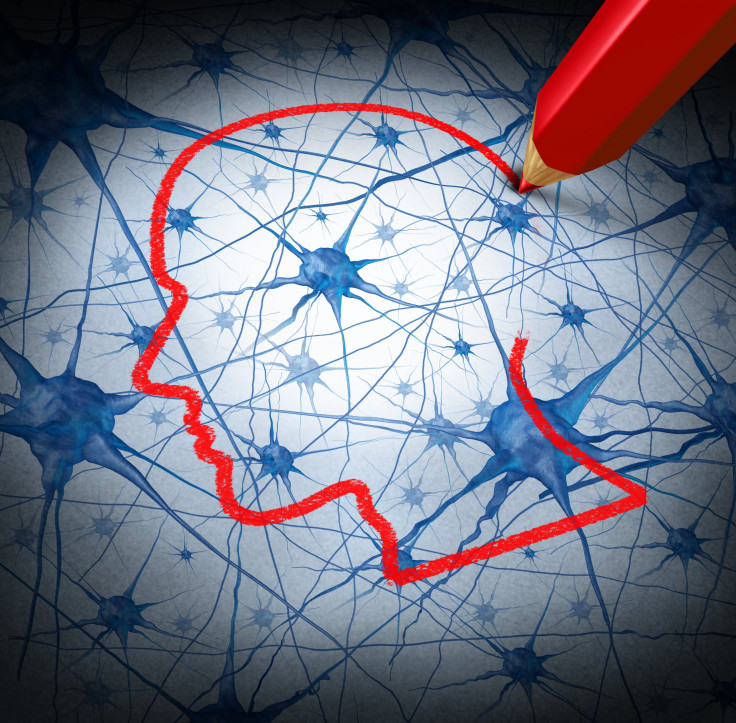Autism Genes Linked To Higher Intelligence: Treading A Fine Line Between Intellectual Disability And Superiority

Genes write the script of our lives, and the story of autism manifests within the body in unusual ways that science is still trying to unlock. Researchers from the University of Edinburgh have finally conducted the first definitive and comprehensive study for determining the intelligence level of those with autism-related genes. The findings, which were published in the journal Molecular Psychiatry, take one step forward in understanding how autism plays a role in intelligence.
"Our findings show that genetic variation, which increases risk for autism, is associated with better cognitive ability in non-autistic individuals," said the study’s lead author Toni-Kim Clarke, a researcher from the University of Edinburgh in Scotland, in a press release. "As we begin to understand how genetic variants associated with autism impact brain function, we may begin to further understand the nature of autistic intelligence."
Researchers analyzed DNA samples from 10,000 people in Scotland, and then tested their general cognitive ability. When the research team compared each person’s genes with their test results, they found those who never fully developed autism, but carried autism-associated genes, scored higher.
Genetic research has unpacked fundamental questions surrounding how nature rules the abilities and disabilities humans are confronted with in life, autism being one of them. Approximately one in every 68 children born has been diagnosed with autism spectrum disorder (ASD), according to the Centers for Disease Control and Prevention. Nearly half of children (46 percent) who have been diagnosed with ASD have an above average intellectual ability, however, it differs from person-to-person.
Those who have the autism genes but don’t fit the diagnosis have been born with an advantage. Their brain has the ability to break down math problems, evaluate spatial reasoning, and develop solutions differently than those without autism genes. More than half who are diagnosed with autism can be anywhere from moderately to severely impaired in their brain’s ability to function. The stark contrast between higher and lower intelligence that autism genes present to humans may one day unlock a key to the future of ASD treatment. Shining light on the inner-workings of brains born with an advantage will further research not only toward understanding autism but also natural intellectual ability.
The team decided to take it to the next level by honing in on 921 Australian adolescent twins. Again, those who had autism-associated genes but not the diagnosed disorder also had an intellectual advantage. Once the original findings were reaffirmed, researchers were confident in the link between autism and intelligence.
"Links between autism and better cognitive function have been suspected and are widely implied by the well-known ‘Silicon Valley syndrome’ and films such as ‘Rain Man’ as well as in popular literature,” said the study’s co-author Nick Martin, a professor from Queensland Institute for Medical Research, in a press release. ”This study suggests genes for autism may actually confer, on average, a small intellectual advantage in those who carry them, provided they are not affected by autism."
Source: Clarke TK, McIntosh AM, Lupton MK, Pujals-Fernandez AM, Starr J, and Davies G, et al. Common polygenic risk for autism spectrum disorder (ASD) is associated with cognitive ability in the general population. Molecular Psychiatry. 2015.
Published by Medicaldaily.com



























